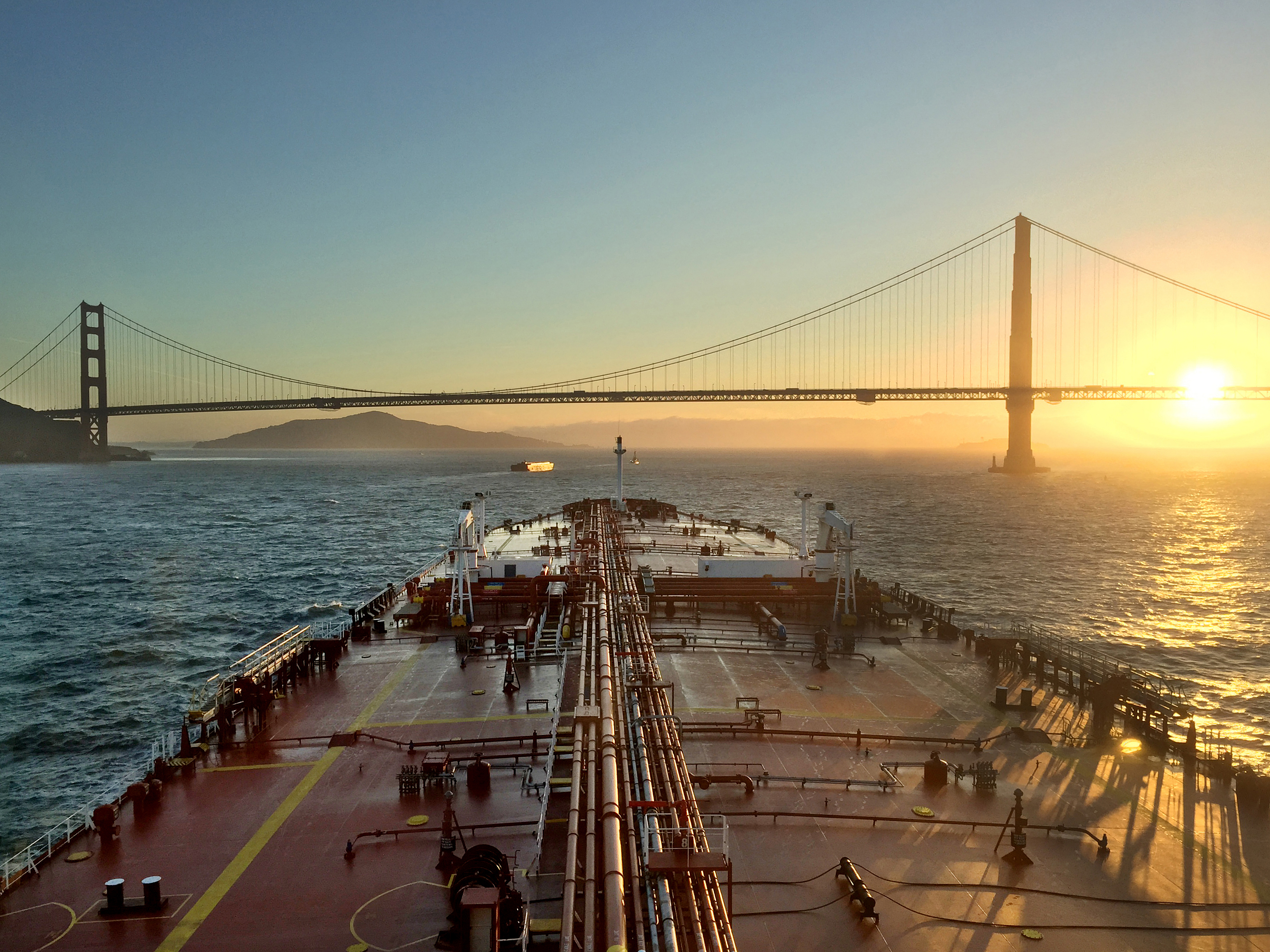Euronav NV (NYSE: EURN & Euronext: EURN) (Euronav) announces it has entered into an agreement for the acquisition through resale of three VLCC newbuilding contracts.

Key highlights
- Vessels are the latest generation of Eco-type VLCCs
- Acquisition fully funded by current liquidity and debt capacity
- Attractive prices compared to recent transactions
The three VLCCs are currently completing construction at the DSME shipyard in South Korea and are being acquired for an aggregate purchase price of USD 280.5 million or USD 93.5 million per unit. All three vessels will be fitted with Exhaust Gas Scrubber technology and Ballast Water Treatment System. The vessels are due to be delivered early in the fourth quarter 2020 and in January and February 2021 respectively and will therefore have exposure to the key winter freight markets in 2020/2021.
Hugo De Stoop, CEO, said: “The large tanker fundamentals remain constructive despite substantial headwinds surrounding economic activity linked to the Corona Virus that we believe and hope will be temporary. Current disruptions to the freight market have provided an opening for Euronav to be opportunistic and deliver what we believe will be long term value for our stakeholders. This transaction demonstrates our flexibility and our capacity to seize opportunities thanks to a strong balance sheet and a robust liquidity position.”
Acquisition via resale of contract of three VLCCs on order
This transaction is consistent with our core company goals. These vessels are ex-yard resales, which do not add to existing vessel supply. Euronav actively looks to regularly rejuvenate its fleet and enhance its operational strength on which this transaction delivers. Upon delivery these vessels will also reduce the average age of our VLCC fleet.
Acquisition financing
Euronav will meet the financing of this acquisition with existing borrowing facilities and debt capacity. The payment profile for this transaction means that the largest portion of the instalments on each vessel will be made on delivery of each ship. Balance sheet debt leverage will move up but will continue to be appropriate in order to allow the Company to retain its strength and flexibility.
Source: Euronav